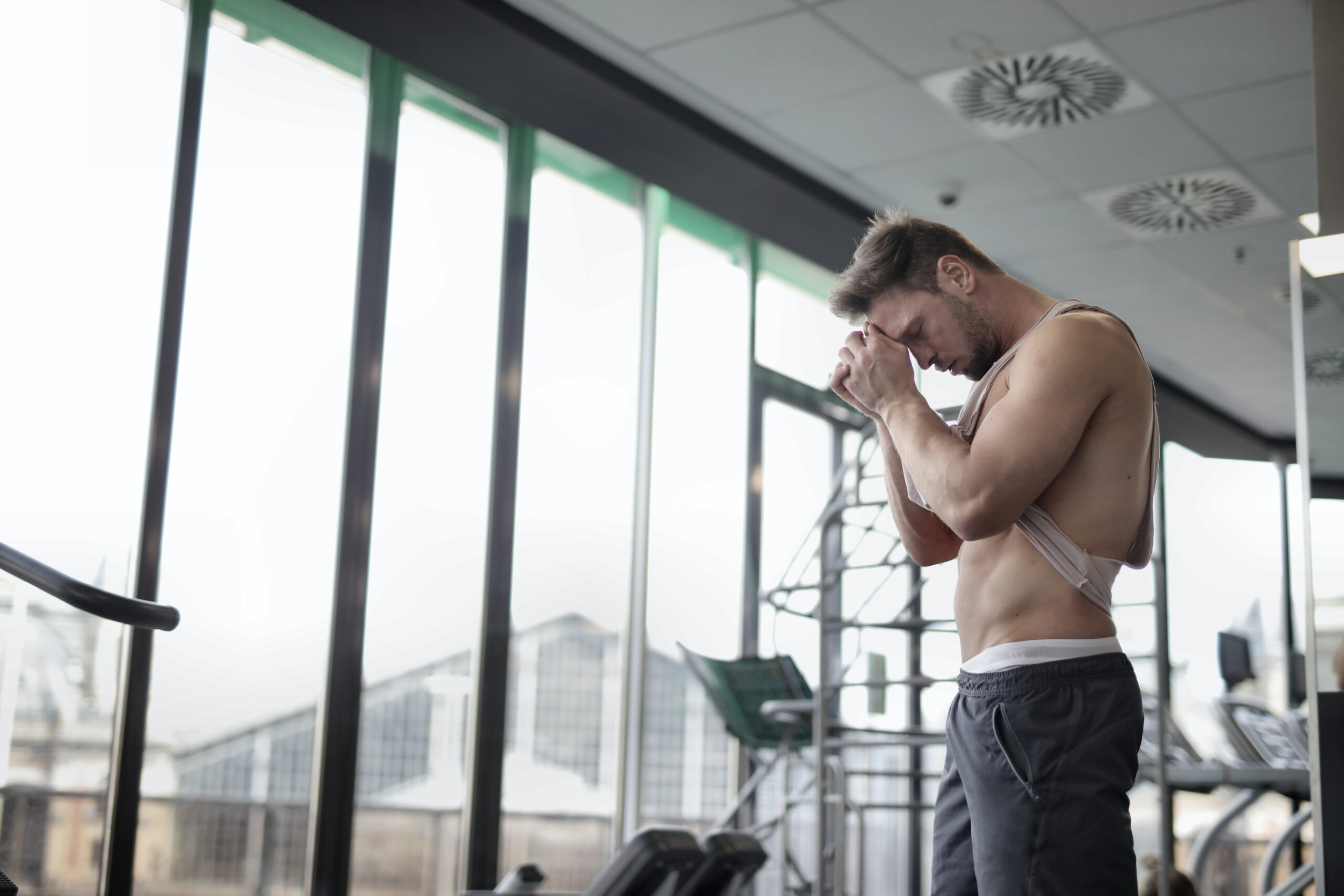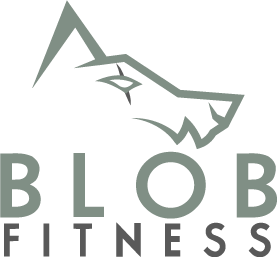
Not progressing in the gym is an age-old phenomenon. You go to the gym, you workout consistently but you are not getting the results you want. This can be an extremely frustrating situation to happen and to be honest, it’s something that most people tend to go through at some point in their journey.
Why does this happen though?
Well, there can be many reasons for such an issue.
Before I dive into why though, I just want o make a quick note:
This whole post will assume your goals are oriented towards physical training goals.
If you are reading this and your goal is to win a video game tournament… well I don’t think this is the place for you… But don’t leave just yet. You may still find some items useful in the end.
Training Specificity, Are You Training For Your Goals?
A majority of lifters choose lifting programs that they see some of their favorite influencers use and assume they will get the same results as that person and that is usually not the case.
There is nothing wrong with using online programs, but you need to take into consideration that the program may not be correlated properly for your main goals.
For example, your goal may be to build muscle but you may be doing a powerlifting program or a power build program. A powerlifting program will get you strong but won’t pack on as much muscle as you would hope.
To avoid this issue and to train for specificity, you need to create a needs analysis.
Needs Analysis: Defining Your Training Goals
In a needs analysis, you will need to write down your primary and secondary training goals. This helps you focus your training and also manage expectations for areas that aren't your priority.
3 Examples
Example 1
Do you want bigger biceps? Is that your main priority? If yes, that’s number one on the list. Maybe something like calves (even though it shouldn’t be) isn’t much of a priority. In this case, it will be on the bottom of the list.
Example 2
Let’s say you’re a powerlifter. You want to get stronger in the main lifts of the Squat, Bench and Deadlift. Which lifts are you strongest and weakest at? Your weaker lifts should take a higher priority vs your stronger lifts.
Example 3
If we were discussing running, is your goal to get a faster time or is it to build endurance? Write down your priorities and goals.
The reason it’s important to write it down is that for one, it keeps you focused. However, it also makes you acknowledge what things may not grow as much as the other. If you have calves at the bottom of your list, you shouldn’t be upset if they aren’t growing too much because that’s not your main goal.
Write down your goals and prioritize what you want for your training.
Training Properly
This section ties in with the above section.
First to ensure you’re training properly, you need to look at your training program and see if your training meets your goals.
Let’s assume you are though, let’s look at your physical training itself.
I want you to ask yourselves these questions for each exercise you do next time you are working out:
- Is Your Form Good?
- Do you feel like the exercise is properly engaging the targeted muscle?
- Are you lifting too fast? (Most people need to slow it down a bit)
Assuming you have a good program tailored to you and you still aren’t getting the results you need, the act of training itself can be compromised and hinder your ability to grow.
There is also one more question to ask yourself, but it requires a whole section.
Without further ado:
Training Harder, Are You Training Hard Enough?
This is always a difficult question to answer.
Most times you go to the gym, you probably think to yourself “I’m putting in the work, i’m working hard. No way my training is ‘easy’”.
I’ve been in this exact same boat before. It wasn’t until I learned how hard I need to be training to actually see results.
Training hard doesn’t mean that you have to be doing a dozen supersets and drops sets and you never take a break and your heart rate is always sitting at 180bpm.
Training hard in this case means efficiently taking your exercises to a really high intensity to maximize stimulus of the muscle. This can easily be achieved by taking your your working sets of exercises close to failure. (There are other methods to achieve high intensity but this is the most straight forward way without complicating things).
If you are only training and most working sets are in a RPE area of 4-6, you’re most likely not going to get the results you want.
I found this is always something difficult to observe within yourself because your own ego will get in the way.
Leave your ego at the door and truly evaluate if you are working hard enough.
To learn more about this topic and about training close to failure and how to achieve maximum hypertrophy, checkout this article.

Overtraining and Not Enough Recovery Time
On the contrary, if you are training too hard or you have too much going on (lifting, jiu jitsu, running all in a day) you can be burning yourself out and not recovering properly.
As someone who loves doing activities and thinks they are super human at times, this can also be a situation where your ego gets in the way. You have to be real with yourself and see if you are doing too much and it’s impeding with your training.
Now, this doesn’t necessary mean you’re only doing too many different activities. This can also mean that you’re training too hard in 1 activity.
In lifting, training constantly to failure will lead to overtraining and many times injury.
Reflect and see if you are training too hard. Take a deload week and readjust your sets/reps and don’t train to failure or too hard. Make sure you're getting adequate sleep. Recover is extremely important to get the results you want.
Diet, Is your Diet Hindering Your Results?
No matter what your goal is (maybe not as important for a game competition) your diet will be crucial and can be the reason you are not progressing in the gym.
Your diet will dictate if you:
- Gain Muscle
- Gain Fat
- Lose Muscle
- Lose Fat
- Maintain all the above
You can have a great training program and a terrible diet and will only get mediocre results.
Often, people will overlook their diet or think they can outtrain a bad diet, but this is usually never the case.
Some things to think about when it comes to your diet:
- Are you getting enough protein per day?
- Are you eating enough calories to meet your goal?
- Are you intaking enough fats for proper hormonal balance?
- Are your severely lacking in specific micronutrients? (Althoug this won’t effect gain of muscle/fat or loss of them, it can effect your energy levels and mood which can then effect your training)
No matter what, you should be intaking adequate amount of protein per day. Doing so will help build / maintain muscle mass. Unless you’re in a boat where you want to lose muscle, make sure you always get enough protein per day.
A generic rule of thumb is 0.8-1g of protein per lb body weight or 1.8-2.4g per kg of body weight.
However, if you want something more specific, check out the Macro Calculator here to get your protein needs.
If you are trying to lose weight, you need to be in a calorie deficit. No “magic” diet of keto, carnivore, vegan will fix that. You need to eat less calories then you expend per day.
If you want to know what that number is, check out the Calorie Calculator.
Not Progressing in the Gym Final Thoughts
Not progressing in the gym can be frustrating.
I guarantee, going through the above article and fixing any of the issues listed here can help you get better results.
Fitness in general is something that needs constant assessment and it’s easy to get derailed.
The people who truly love fitness and other activities tend to overtrain and do too many things that don’t actually fit their goals.
On the flip side, others who may be training and it feels more like a chore to them usually tend to undertrain or not train hard enough.
You also may just be going through a point in your life where you either don’t care enough about training and it’s not a super priority. That’s fair, but you need to acknowledge it and know you won’t get the results you want.
Getting the results you want requires proper prioritization, hard work and other sacrifices to maximize your potential.
Photo by Tima Miroshnichenko and Andrea Piacquadio from Pexels.
Get a Free Guide!
Similar Posts
Creatine's benefits for mental health is understated. Explore this article on creatine and how it's enhancing cognitive functions and emotional well-being.
Discover the mental health benefits of supplements like Fish Oil, Vitamin D, NAC, Creatine, Magnesium, and Glycine in our comprehensive guide.
Find out how journaling boosts mental health and how improving your mental health can benefit your physical health.



